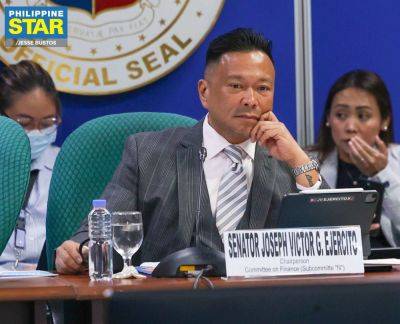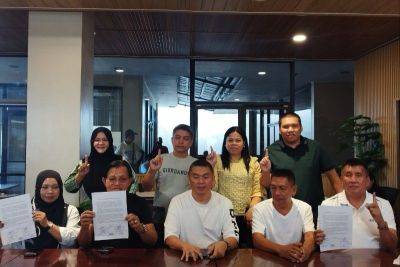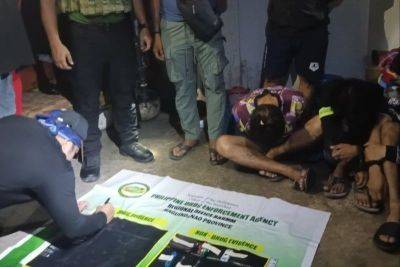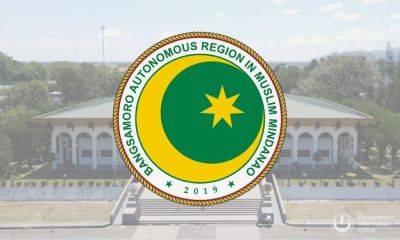SC’s reconsideration on Sulu’s removal from BARMM sought
COTABATO CITY, Philippines — One of the deputy speakers in the Bangsamoro parliament, a full-blooded Tausug born and raised in Sulu, has urged the Supreme Court to reconsider its having taken out the province from the core territory of the Bangsamoro Autonomous Region in Muslim Mindanao.
The lawyer Nabil Tan, a younger brother of Sulu Gov. Abdusakur Tan, told reporters on Saturday that he had lengthily expressed his insights on the issue via a speech during a session of the BARMM parliament last Thursday, September 19.
“I then politely appealed to the Supreme Court to think about the implications of such a decision,” Tan, one of the eight deputy speakers in the 80-seat BARMM parliament, said on Saturday.
He was referring to the High Tribunal’s ruling on a petition by his governor-sibling to exclude Sulu from the provinces under the Bangsamoro government, citing that residents voted against its inclusion into the region’s territory during a plebiscite in 2019, a requisite for the enactment into law then of BARMM’s charter, the Republic Act 11054, also known as the Bangsamoro Organic Law.
Tan, in his speech at the parliament last Thursday, copies of which were obtained by different radio stations and editorial offices of regional newspapers in Cotabato City, said the Supreme Court should take into account the “operative fact” that Sulu has been part of BARMM since its inception five years ago.
The creation of BARMM, a product of 22 years of peace talks between the government and the Moro Islamic Liberation Front, was premised on two compacts between the MILF and the national government, the 2012 Framework Agreement on Bangsamoro and the 2014 Comprehensive Agreement on Bangsamoro.
Tan, once a member of the 21-seat Regional Assembly of the Autonomous Region in Muslim Mindanao and had, subsequently, served as regional vice governor of the now defunct ARMM, said there are serious implications in Sulu’s having been removed from BARMM’s administrative coverage without a proper transition process that would forestall imminent, foreseeable constraints like fiscal problems that can stifle governance and development initiatives in the province.
“Legal theories abound on the






